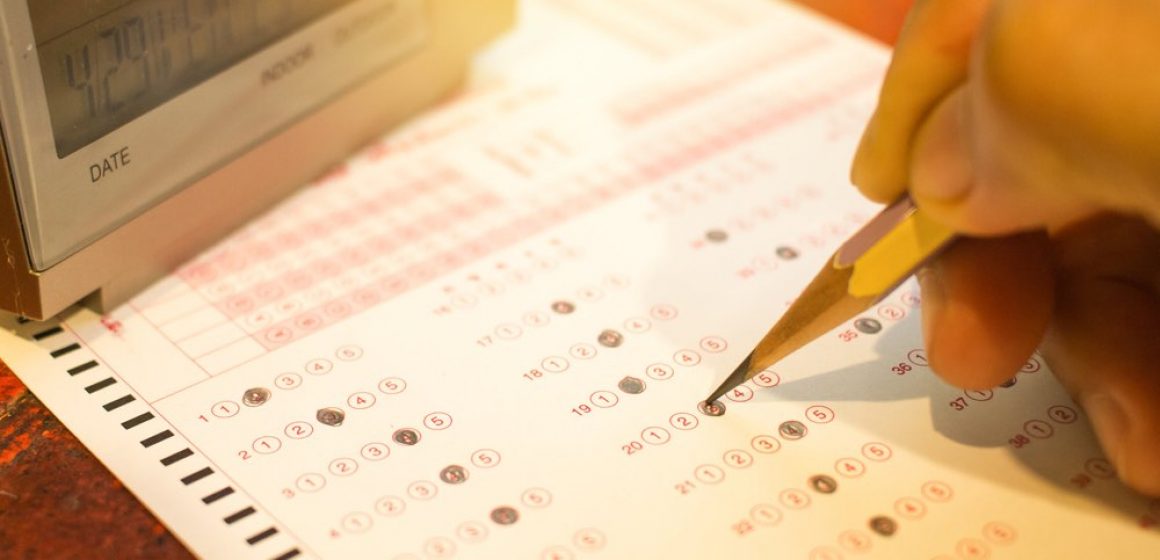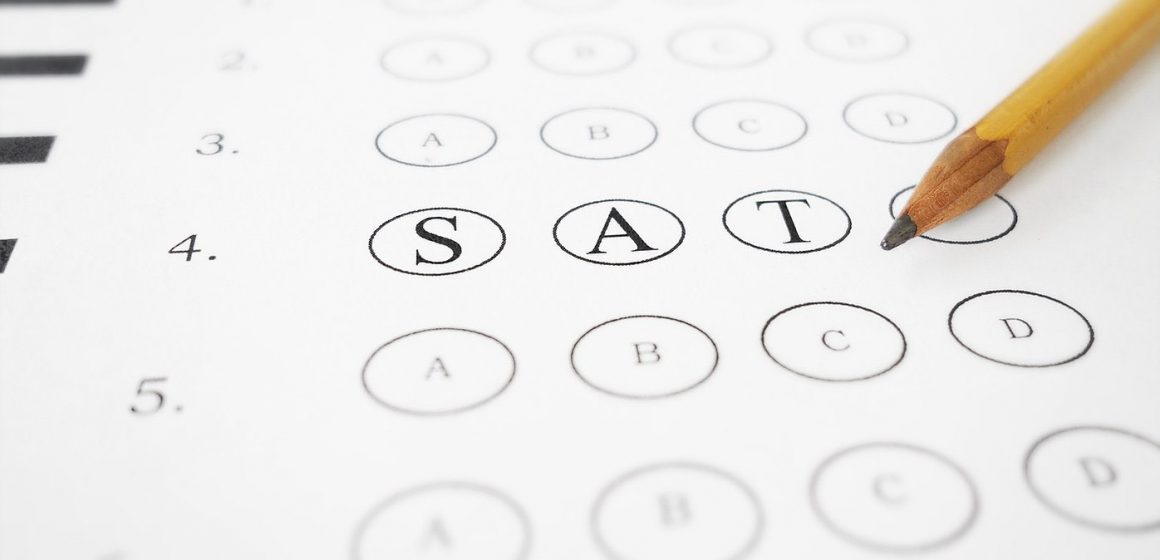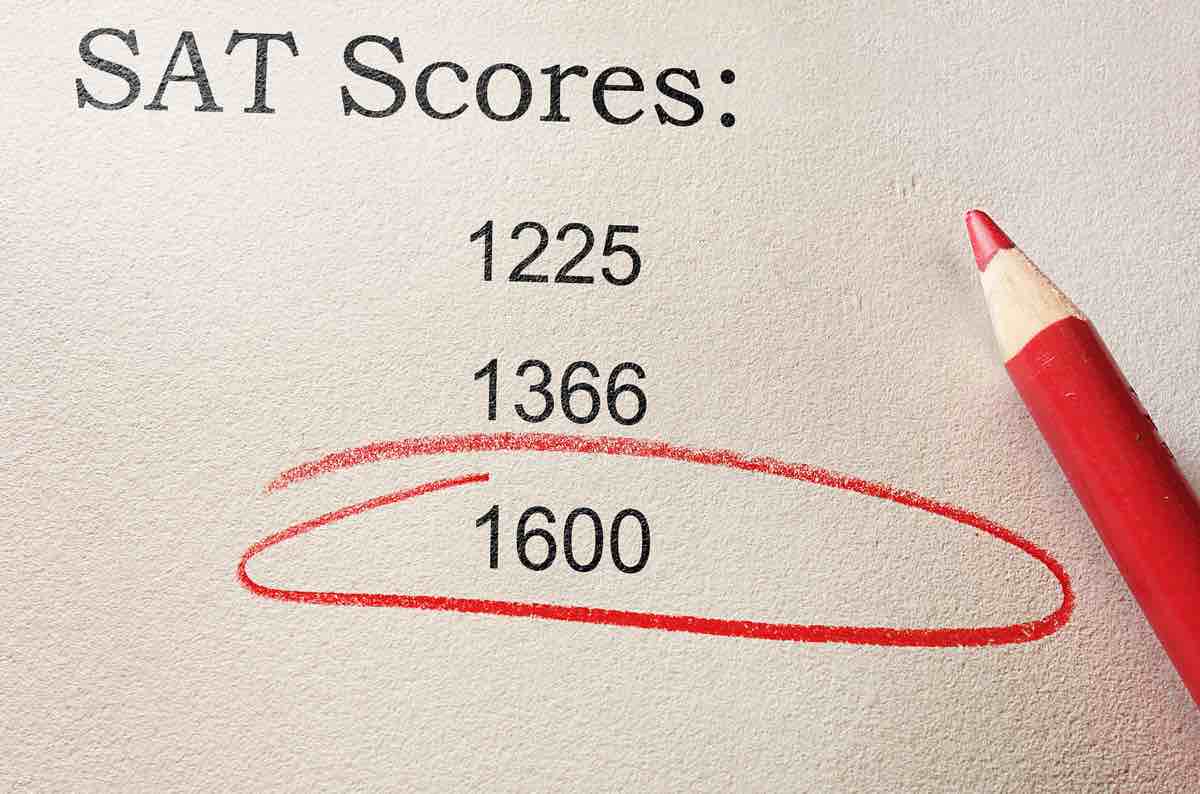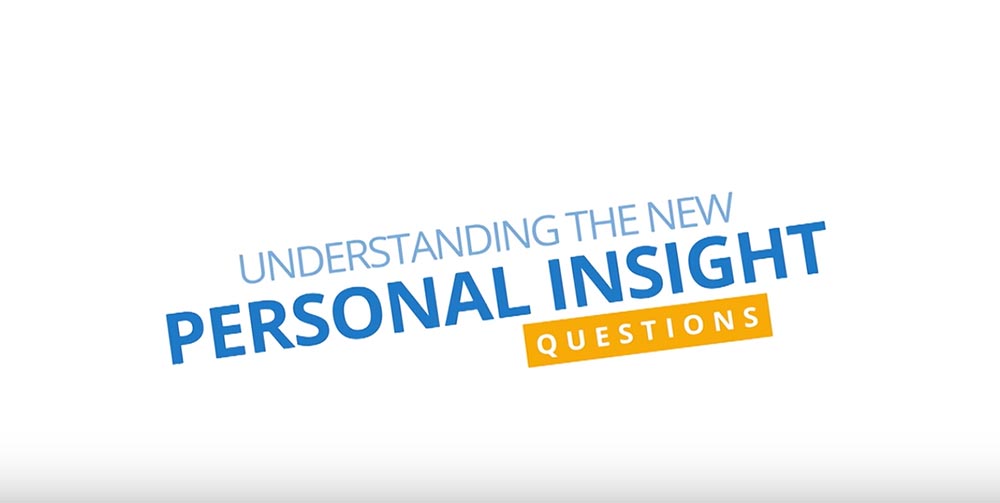ACT vs SAT: Which Test is Right for You?
Your scores on the ACT or SAT are important. But first you must figure out which test is best for you.
Many hours of hard work, sweat and tears, anxiety and anticipation. This is what preparation for the standardized tests involves. A lot of grit, time and energy.
Your scores on the ACT or SAT are important.
I would not say they are the single, deciding factor in your admission (or rejection) from the school of your dreams — and in fact, there is a growing list of test optional schools out there if you’re not a strong test taker and standardized testing is just not for you. I have gotten students into American University, GW, UChicago, Brown whose ACT or SAT scores were not as stellar as their grades. The ACT and SAT tests serve as a baseline indicator. In the vast field of criteria for college admission, these tests are one, often important, means of comparison.
Does it matter whether you take the ACT or SAT?
Most schools accept both and treat both scores equally. Though the value placed on them is equal, the tests are not the same. In most cases, students score higher on one test rather than the other. It is a matter of personal preference in the end. But how do you figure out which test suits you best?
While the ACT and SAT share similarities, their differences are significant. Extremely strong test takers can succeed on both. But who would want to prepare for two grueling tests if only one score is needed? I don’t recommend it! I would, instead, figure out which test is best and stick with it.
I would also start preparing early (end of sophomore year) and get excellent, pointed, one on one help in doing so.
80% of all the students I get into the school of their dreams also came to me for ACT and SAT preparation help. My reputation for getting SAT scores up 150-300 points is well known. I’m not just a college essay writing guru! I’m also a master at pinpointing exactly what each individual student needs to radically improve their scores.
I am also well known for getting high scores higher! Many students come to me with scores of 680-710 on their SAT’s or 29-31 on their ACT’s and need to bump these scores up to get into the school of their dreams.
ACT and SAT preparation takes a special kind of help.
It takes someone (like yours truly) who can identify exactly where the gaps in knowledge lie, or where the test-taking strategies fail. It takes someone who can tailor a completely individualized plan of action for targeting the areas of weakness and getting those scores up to the highest they can be.
I once had a student come to me with SAT scores of 720/740. She asked if I could help her get her scores up. “Of course,” I said. And I did! In eight weeks of dedicated preparation, she ended up with scores of 780/800 and got into Stanford! Later I told this story at a conference for college admissions nerds like myself. An esteemed colleague told me the chances of getting those kind of high scores higher were about 3%! All I can say is, look at the bumblebee! How do those skimpy, transparent little wings get that fat, furry body off the ground? It defies the laws of aerodynamics! And yet, it happens. Over and over again.
Click here for more information on how I can help you get those ACT or SAT scores higher.
Before you spend energy preparing, you need to know which test to focus on.
Not all students learn the same way and have the same strengths. It’s important to figure out which test plays to your strengths, which is easier for you, and on which test can you best succeed.
It should also be noted that certain states require that you take the SAT in school as a matter of course, and some require that you take the ACT. This does not necessarily mean you will be better at the test your state requires. It may, in fact, be the opposite. But you will have a baseline score to use as a means of comparison. And theoretically, at least, you will have been prepared in school for the test they require.
These states use the ACT as a means of assessment within their school curriculum:
- Alabama
- Hawaii
- Kentucky
- Louisiana
- Mississippi
- Missouri
- Montana
- Nebraska
- Nevada
- North Carolina
- North Dakota (students must take ACT or WorkKeys)
- South Carolina
- Utah
- Wisconsin
- Wyoming
While these states use the SAT:
- Colorado
- Connecticut
- Delaware
- District of Columbia
- Illinois
- Maine
- Michigan
- New Hampshire
You can go to this website for more information about statewide standardized testing.
Let’s begin by comparing the ACT with the SAT:
The SAT contains three sections:
- Reading
- Writing and Language
- Math
The ACT contains four sections:
- English
- Math
- Reading
- Science
Both tests also have an (optional) essay which many colleges require. The essay requirements for the SAT and ACT are quite different. That is a much more involved subject which we will cover later on.
As you can see, the SAT does not have a Science section at all!
It should be noted, however, that the ACT Science is more like a specialized reading comprehension section. My strongest readers, even those who are not super strong in science, do well on this section. If you’re someone who reads well, you will probably find the ACT Science section not that difficult. Really the only difference between the reading passages and the science passages is that there are more detailed, science-oriented charts and graphs which you need to interpret in the Science section. The Science section is the hardest one to prepare for. Each passage introduces a new and unique topic, and while you don’t necessarily need an interest or background in science to answer these questions, it sure does help.
Here are some other key differences between the ACT and SAT:
The ACT gives much less time per question. Here is a chart showing the time per question on both tests, for reference:
|
Test |
Section |
Total Time |
# of Questions |
Time per Question |
|
ACT |
English |
45 minutes |
75 |
36 seconds |
|
Math |
60 minutes |
60 |
60 seconds |
|
|
Reading |
35 minutes |
40 |
53 seconds |
|
|
Science |
35 minutes |
40 |
53 seconds |
|
|
SAT |
Reading |
65 minutes |
52 |
75 seconds |
|
Writing |
35 minutes |
44 |
48 seconds |
|
|
Math |
No Calculator: 25 minutes Calculator: 55 minutes |
No Calculator: 20 Calculator: 38 |
No Calculator: 75 seconds Calculator: 86 seconds |
Now let’s get down to some specific differences between the actual questions and styles of each test.
Are you Stronger in Geometry and Trigonometry or Algebra?
Both the ACT and the SAT will test your skills in Algebra, but the ACT will also test you on logarithms, graphs of trig functions, and matrices, which don’t appear at all on the SAT’s.
Also, the SAT provides MATH FORMULAS. If you’re not good at memorizing them, these can come in handy.
However, on the SAT No Calculator section, you will not be able to use a calculator. This can be difficult for students who cannot do mental math.
Here is what you should ask yourself:
- Am I good at memorizing formulas?
- Can I do multiplication, division, addition and subtraction in my head?
- Am I stronger in Geometry or Algebra?
- Can I answer questions about matrices and logarithms?
Now let’s talk about reading.
Can You Remember the Location of Details in Reading Passages?
Do you find it easy to remember where you saw a certain detail in the reading passages?
The SAT reading section provides more information and “clues” than the ACT reading section. In fact, the SAT test offers exact line locations of the evidence to support your answers.
If you find it difficult to remember where you read a certain detail, you will find the ACT more difficult.
Finding where the evidence resides can be stressful and time-consuming, especially when under time pressure.
How about the differences in the Writing Sections?
Both the SAT and the ACT Writing/English sections have passage-based questions, but the ACT has more questions involving errors in grammar, punctuation and sentence structure. This section also includes questions about main idea and order of ideas.
On the other hand, the SAT focuses more on questions about writing style. The SAT also asks you to answer questions about vocabulary in context, tone and voice, and logical reasoning.
The two Writing sections are very similar. There really is no remarkable difference between the two other than what I have indicated above.
What are Your Next Steps?
To get help figuring out which test is best for you or if you are ready to raise your SAT scores 180-300 points or your ACT score 4-5 points, you’ve come to the right place!
I am an expert in helping kids get high scores higher and figuring out how to determine and ace the test for them. Get started now!













